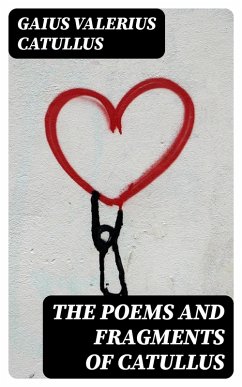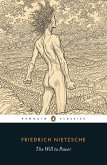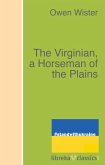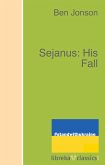Gaius Valerius Catullus, a prominent Roman poet, showcases his poetic prowess in 'The Poems and Fragments of Catullus'. This collection of poems explores themes of love, friendship, and politics, all written in a style that is passionate, witty, and deeply personal. Catullus' use of vivid imagery and emotional depth sets him apart as a master of Roman lyric poetry, heavily influenced by Greek poets like Sappho and Callimachus. The poems in this collection range from tender love poems to scathing invectives, demonstrating Catullus' versatility and poetic innovation. His use of meter and language creates a rhythmic flow that enhances the emotional impact of his work. Catullus, known for his association with the group of poets known as the 'neoteroi' or 'new poets', drew inspiration from his own experiences and emotions to create deeply moving and relatable poetry. His unconventional approach to love and friendship challenged societal norms and established him as a bold and daring voice in Roman literature. Catullus' ability to blend intimacy with satire and humor makes his work both engaging and thought-provoking. 'The Poems and Fragments of Catullus' is a must-read for anyone interested in Roman poetry, as it offers a unique glimpse into the emotional world of one of antiquity's most talented poets. Catullus' ability to capture the complexities of human relationships with such honesty and depth makes this collection a timeless classic that continues to resonate with readers today.
Dieser Download kann aus rechtlichen Gründen nur mit Rechnungsadresse in A, B, BG, CY, CZ, D, DK, EW, E, FIN, F, GR, H, IRL, I, LT, L, LR, M, NL, PL, P, R, S, SLO, SK ausgeliefert werden.









